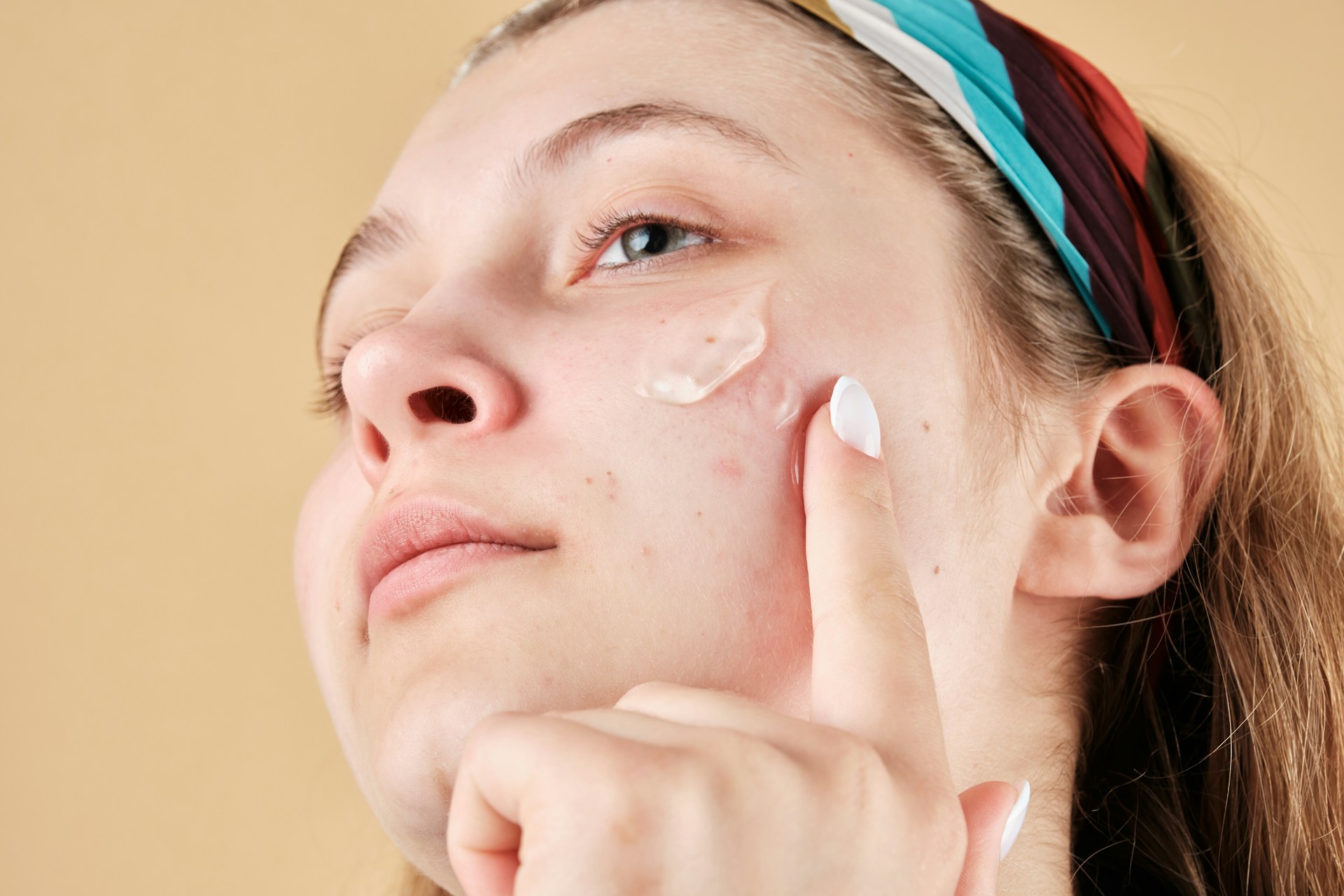Persistent skin issues, such as rashes, acne, psoriasis, and eczema, often remain unresolved even with conventional treatments. Despite attempts to remedy these conditions through dietary adjustments and improved hygiene, many individuals still struggle to find relief. As researchers delve deeper into this dilemma, an emerging narrative suggests that underlying emotional and environmental factors may be at play. Recognizing these hidden causes is essential for achieving improved skin health.
Emotional Health: The Overlooked Factor
Recent studies have illuminated a significant correlation between emotional well-being and skin conditions. For instance, it has been revealed that a substantial percentage of individuals seeking dermatological care report heightened stress levels, which can exacerbate skin issues by stimulating an inflammatory response in the body. This is often accompanied by increased cortisol levels, which not only amplify symptoms but also contribute to a detrimental cycle of distress and worsening skin conditions.
Individuals suffering from unresolved emotional trauma, such as that linked with post-traumatic stress disorder (PTSD), may experience a higher prevalence of skin problems. Surprisingly, dermatologists frequently overlook the necessity of mental health screenings during consultations, which can lead to missed opportunities for holistic care.
Environmental Toxins: An Invisible Hazard
The role of environmental factors in skin health cannot be understated. Continuous exposure to various pollutants—such as particulate matter, volatile organic compounds, and UV radiation—poses significant threats to skin integrity. Research indicates that particles like PM2.5 can penetrate the skin barrier, causing oxidative stress and inflammation that are detrimental to skin health.
Additionally, factors such as radon exposure have been linked to an elevated risk of skin cancers. Addressing these environmental concerns is vital for maintaining skin health, particularly in areas with high pollution levels.
The Interaction of Emotions and Environmental Factors
The interplay between emotional stress and environmental toxins creates a feedback loop that can exacerbate skin conditions. Elevated cortisol levels can impair the skin barrier, making it more susceptible to conditions like psoriasis and dermatitis. Moreover, environmental pollutants can further aggravate an already inflamed skin surface, hindering the healing process and increasing the risk of recurrence in sensitive individuals.
The implications of climate change—such as rising temperatures and increased ozone levels—further complicate this dynamic, leading to more pronounced negative effects on skin health. There’s a pressing need to address both emotional well-being and environmental exposures collectively for comprehensive skin care strategies.
Sustainable Solutions for Robust Skin Health
To effectively address the root causes of skin issues, incorporating eco-friendly skincare products is a beneficial first step. Opting for items made with raw, natural ingredients—free from synthetic irritants—can significantly aid in managing skin conditions. Ingredients known for their anti-inflammatory properties, such as argan oil, vitamin E, and fatty acids, can be advantageous, particularly for acne-prone skin.
Additionally, integrating mindfulness techniques, such as meditation or nature walks, can help mitigate emotional triggers associated with skin reactions. Studies have shown that mindfulness training can lead to improvements in conditions like atopic dermatitis.
Lifestyle modifications also play a crucial role. Eating organic foods and enhancing indoor air quality can create a healthier environment for your skin. Activities such as gardening don’t just provide stress relief; they also promote physical activity and foster a closer connection with nature.
Seeking Professional Guidance
In some cases, lifestyle changes alone may not suffice to alleviate troublesome symptoms. Consulting with a dermatologist may be necessary for comprehensive management of severe conditions. Mental health professionals can also play a significant role in addressing the emotional aspects, providing a more integrated approach to skin health.
Conclusion: Empowering Skin Wellness Through Awareness
Understanding the shared roots of emotional distress and environmental toxins is critical to addressing chronic skin problems effectively. By reflecting on personal emotional health and evaluating exposure to pollutants, individuals can take actionable steps toward healing. Embracing sustainable practices and mindfulness can pave the way for healthier, more radiant skin while simultaneously fostering a commitment to a healthier planet.
In the pursuit of skin health, acknowledging the importance of both emotional and environmental factors may ultimately lead to transformative results.
Image Source: Unsplash





























